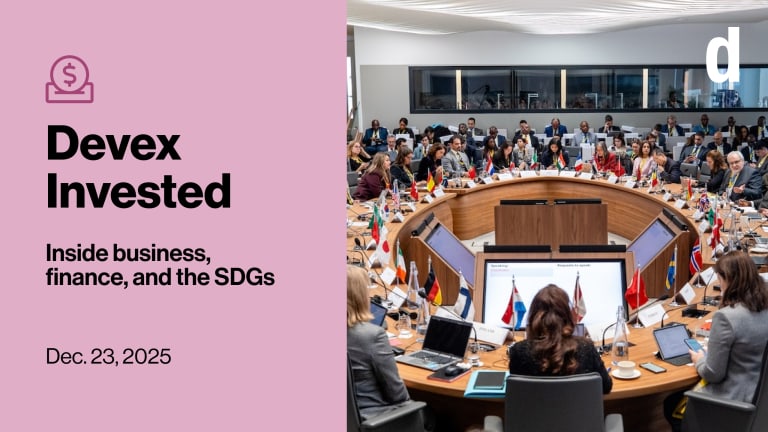Civil society organizations routinely advocate for key issues to feature during confirmation hearings of U.S. political appointees. But this year, the stakes were particularly high in advance of the U.S. Senate Foreign Relations Committee hearings held yesterday for Rex Tillerson, President-elect Donald Trump’s selection for secretary of state.
The former CEO of ExxonMobil, an engineer by training, has spent all his adult career working for the massive energy company. Before Wednesday, when Tillerson outlined some ideas of how he would lead on U.S. foreign aid, he had given no clear, public indication of his policy priorities and financing inclinations.
Leading international nongovernmental organizations met furiously to prepare for the hearing. They strategized over how they should parse their public statements on climate change, women’s health and other issues. They also connected with key senators on the Senate Foreign Relations Committee, now deliberating on Tillerson’s appointment before the vote could potentially move on to the U.S. Senate.








